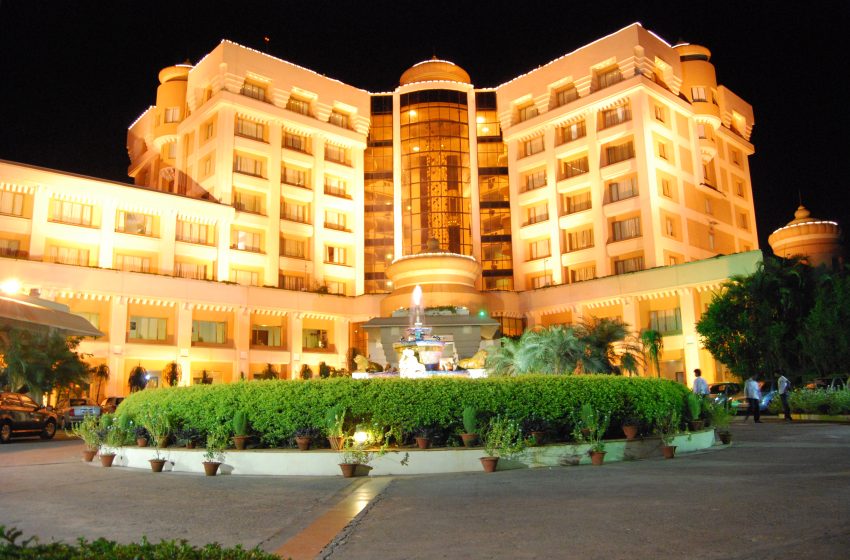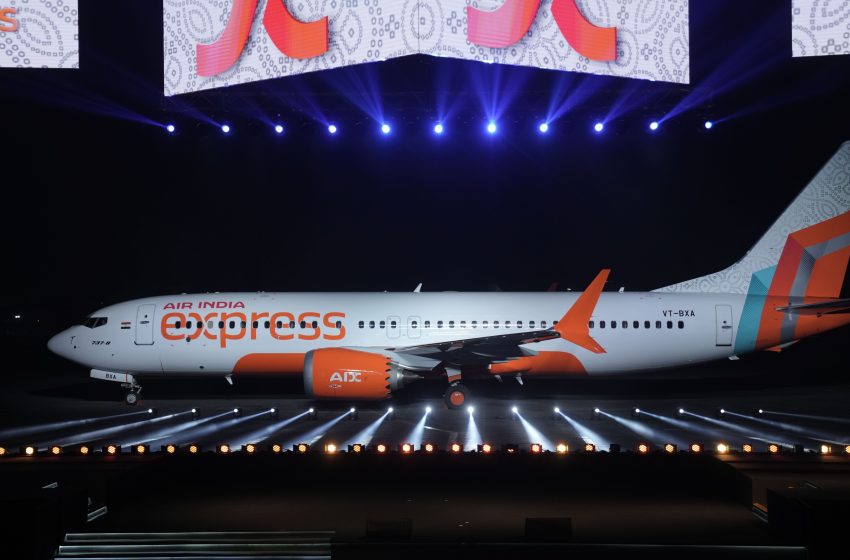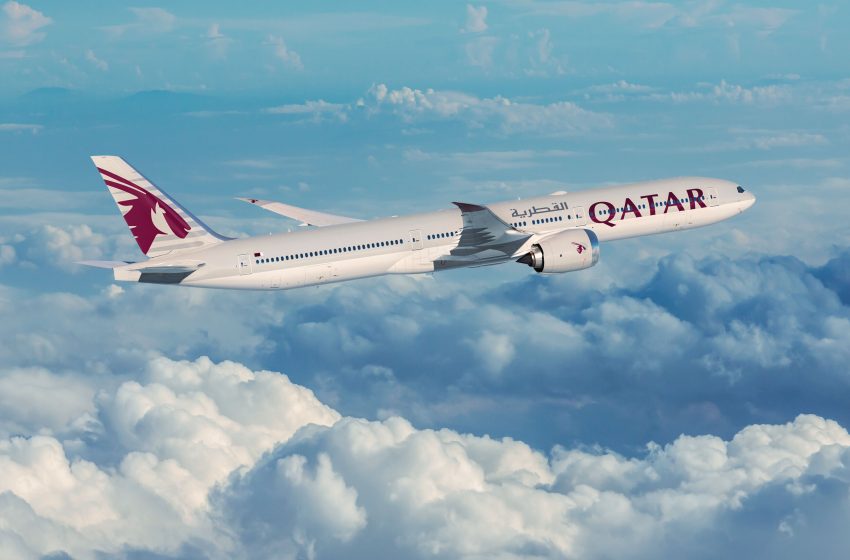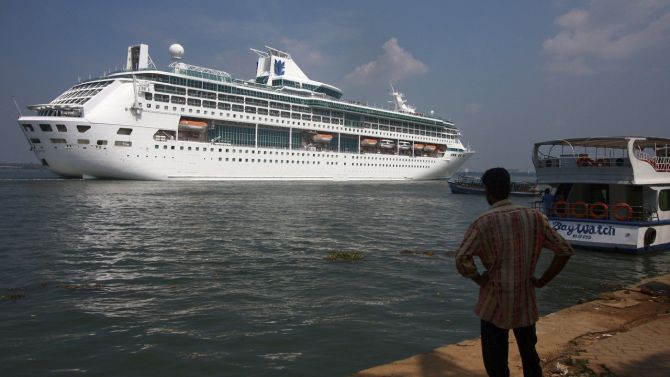According to the latest GBTA Business Travel Index Report, because of economic stability, pent-up demand and recovery momentum spending in the business travel industry is projected to surpass USD 2 trillion by 2028.
Meanwhile, the forecast by the Global Business Travel Association (GBTA), a business travel and meetings trade organisation, for 2024 predicts global business travel spending will reach USD 1.48 trillion USD by the end of the year, an increase on 2019 spending which was a previous record at USD 1.43 trillion.
“We are witnessing the expected rebound in the sector, reflecting the resilience and adaptability of businesses and the value of business travel worldwide,” said Suzanne Neufang, CEO, GBTA. “With projected spending expected to continue to increase through 2028, the future of business travel looks promising. However, we must remain vigilant and adaptive to potential headwinds in this period of stabilisation, as factors such as changing economic conditions, technological advancements and sustainability developments will also shape the sector ahead.”
GBTA shared that global business travel spending is anticipated to increase 11.1% in 2024. Growth is expected to continue to gradually moderate, resulting in an annual compound growth rate of 6.95% from 2025 to 2028.
According to GBTA, in 2023, the business travel industry had recovered approximately $675 billion of the USD 770 billion lost in 2020, according to GBTA BTI analysis, achieving 93% of the pre-pandemic peak of USD 1.43 trillion by the end of 2023. The sector experienced a significant resurgence in 2023, with spending growing by 30% compared to 2022, reaching USD 1.3 trillion.
The estimated breakdown of the USD 1.34 trillion in 2023 business travel expenditures includes USD 501 billion for lodging, USD 282 billion for air travel, USD 245 billion for food and beverage, USD 165 billion for ground transportation and USD 142 billion for other travel expenses.
Meanwhile, recovery in business travel continues to vary by region.
GBTA revealed that Asia Pacific emerged as the fastest-growing region in 2023 (36%), followed by Western Europe (33%) and North America (25%). The recovery bounce back was led in 2023 by the U.S, Middle East and Africa, and Latin America, all achieving 100% or more of 2019 spending numbers. For 2024, China and the U.S. are forecast to continue to lead as the top two markets, respectively, for overall business travel spending.
Business travel spending also continues to differ across industries.
GBTA’s report states that the financial and insurance activities sector is projected to experience the most significant expansion (72%) in business travel spending through 2028. Conversely, the retail trade (41%) and agriculture, forestry and fishing (32%) sectors are anticipated to see the least growth during this period.
With an optimistic outlook overall, there are factors that could impact business travel’s longer-term forecast, such as persistent inflation, China’s slower recovery, geopolitical tensions, industry workforce challenges and incidence of natural disasters. Increased focus on corporate sustainability also has the potential to impact the sector, demonstrating the vital importance of coordinated action across the industry for business travel’s future.
GBTA’s data also points out that potential upside impacts for the business travel sector include ongoing economic stability, technological advancements, particularly in artificial intelligence (AI), and stronger-than-expected economic growth in key markets like the U.S. and India.
GBTA’s survey of 4,100 business travellers across 28 countries and four regions (North America, Europe, Asia Pacific, and Latin America), revealed an increase in overall business travel, with international travel remaining below average. 64% of business travellers globally report increased spending on business travel compared to 2023. However, over one-third (37%) say they have experienced more restrictive travel policies since pre-COVID.
GBTA highlights that business travellers globally estimate their own spending, on average, amounts to USD 834 per person based on their last business trip. Lodging accounts for USD 312, on average, and food and beverage is USD 153. Air travel averages USD 176 while ground transportation (USD 103) and miscellaneous expenses (USD 89) round out the total.A majority of survey respondents (81%) reported that their most recent business trip was very (46%) or moderately (35%) worthwhile in achieving their business objectives. When asked about their most recent business trip, the most common purpose of travel among all global business travellers is attending seminars/training followed by conventions/conferences.
Compared to 2019, 76% of business travellers travelled the same or more for business travel. Those traveling more (28%) outpaced those who travel less (20%) over the same period. Although overall business travel has increased, both international and group travel remain, on average, lower than 2019 levels. Two-fifths (40%) of the trips taken are three-to-five-night stays, while two-night stays account for one-third (32%). Additionally, 58% said they extended work trips for leisure or vacation about the same (41%) or more frequently (17%) than previous.
When asked about their greatest priorities while traveling for work, maximising comfort (43%) and minimising cost (41%) are on the same level globally, with 16% saying reducing carbon emissions. Additionally, European travellers (22%) are more likely to prioritise reducing their carbon footprint compared to other regions.
GBTA’s data revealed that when it comes to payment methods for business travel, nearly two-thirds (61%) of global business travellers across all regions are given a corporate credit card. Credit card utilisation is significantly higher among North American business travellers, as nearly a third put 100% of their trip expenses on their corporate card.
Additionally, three in five (59%) business travellers surveyed have uploaded their corporate credit card to a mobile wallet and approximately 87% report they use their mobile wallet for at least 10% of their business travel transactions.






